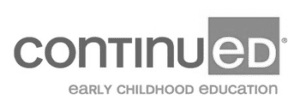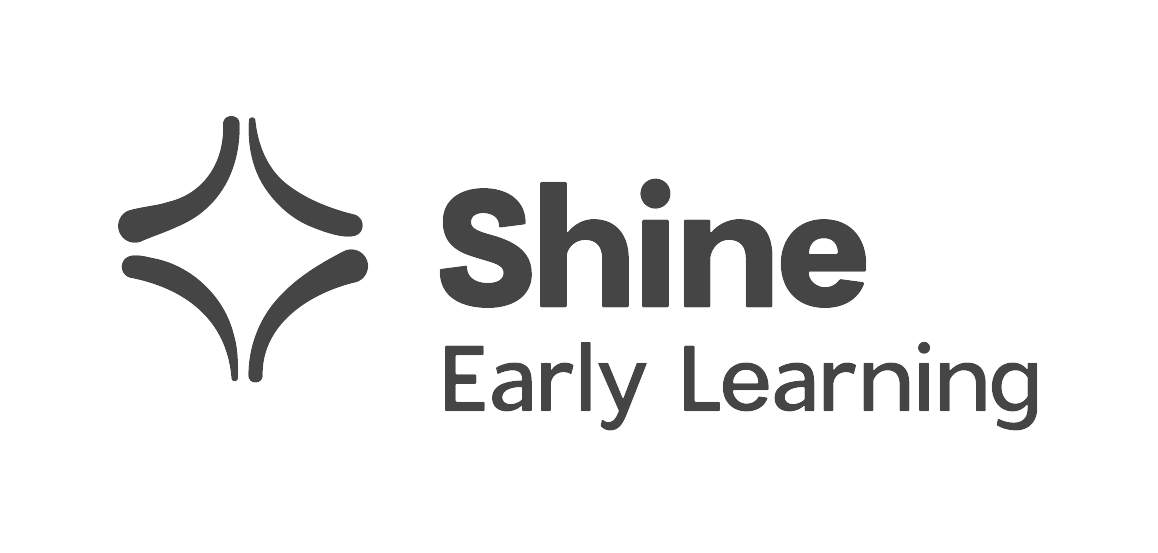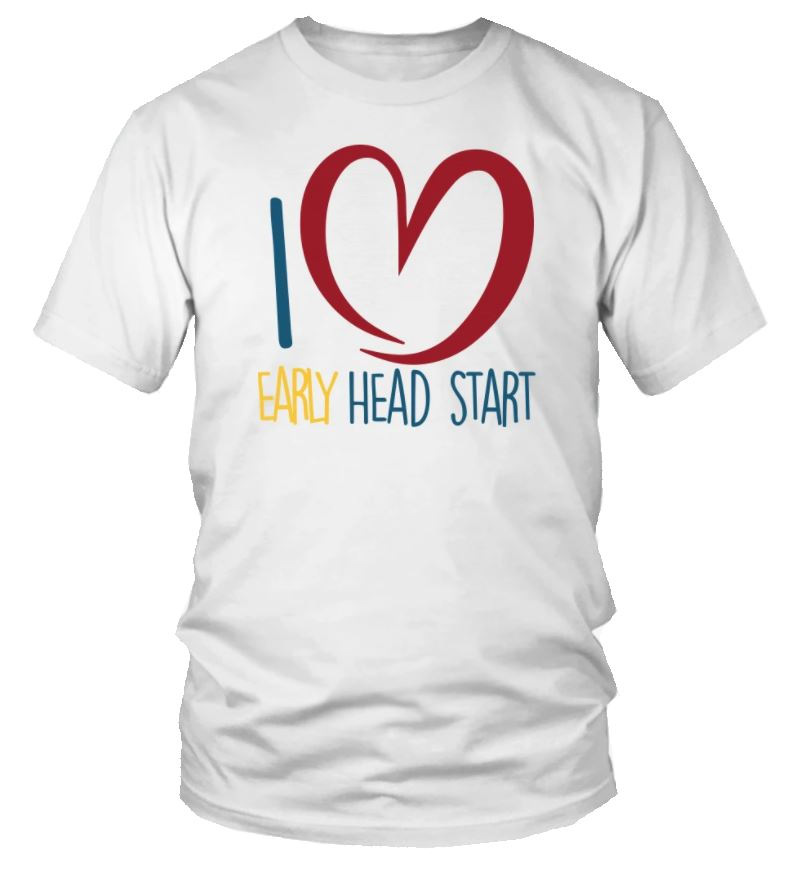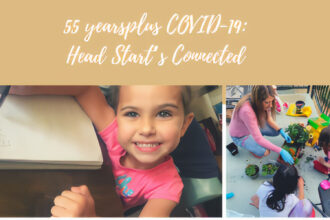



Sept. 17-Oct. 10, 2024
| Time – PST | Session | Description | Presenter |
|---|---|---|---|
| 3:00 PM | Ken Baumgartner |
| Time – PST | Session | Description | Presenter |
|---|---|---|---|
| 3:00 PM | Ken Baumgartner |
| Time – PST | Session | Description | Presenter |
|---|---|---|---|
| 3:00 PM | Jess Bernal, MA |
| Time – PST | Session | Description | Presenter |
|---|---|---|---|
| 3:00 PM | Jess Bernal, MA |
| Time – PST | Session | Description | Presenter |
|---|---|---|---|
| 3:00 PM | Lisa Carr, MA |
| Time – PST | Session | Description | Presenter |
|---|---|---|---|
| 3:00 PM | Lisa Carr, MA |
| Time – PST | Session | Description | Presenter |
|---|---|---|---|
| 3:00 PM | Cloverleaf Family Counseling |
| Time – PST | Session | Description | Presenter |
|---|---|---|---|
| 3:00 PM | Cloverleaf Family Counseling |











I have been to management workshops, not leadership training. This has totally changed my perspective and encouraged me to propel forward in developing my skills.
I am honored and humbled to be a recipient of the Region 9 Head Start Association’s Legacy Scholarship. The scholarship helped me get one step closer to achieving my goal of becoming a Head Start Director.
I took part in The disproportionate impact of COVID 19, and how to provide “real” support for black/brown children and families and I just want to say this was an amazing webinar. I hope we can look forward to further conversation on this topic.
Thank you so much for making events like this! I really enjoyed and learned so much teaching strategies to implement STEM in the classroom.
The HR Network was an excellent opportunity to network and learn the best practices from other HR professionals within Head Start programs. You will be amazed by the level of talent and experience of the participants.
The Summer Camp training was powerful and inspiring! Each presenter was very engaging, it’s hard to even pick a favorite session!
The Leadership Challenge training was very relevant to my work as a Head Start leader! Great facilitation; stayed with the program yet allowed time for individual and small group reflections.
Regular price $12.00

Regular price $39.00




Questions? Contact us at headstartr9@region9hsa.org.